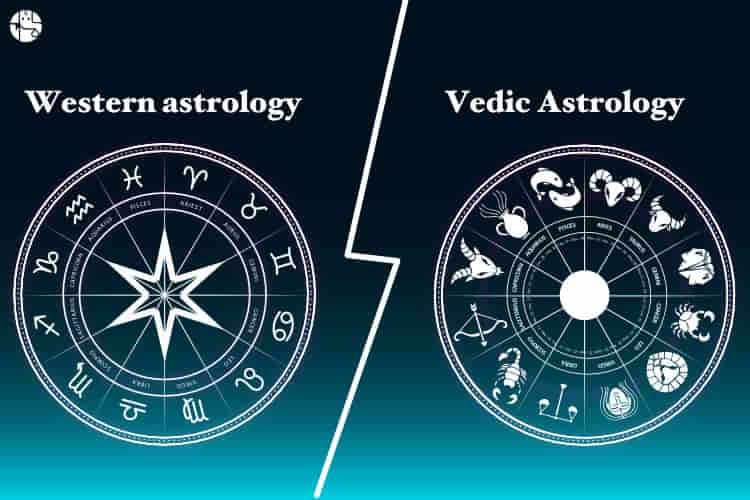Astrology has played a significant role in the cultures of many ancient civilizations, influencing religious beliefs, agriculture, medicine, and the governance of societies. Here’s a glimpse into the role of astrology in several ancient cultures free online astrology consultation for career:
1. **Mesopotamia:**
– **Sumerians and Babylonians:** Among the earliest practitioners of astrology, the Sumerians and Babylonians developed the zodiac and made observations that contributed to the Babylonian calendar. They associated celestial events with the will of gods and used astrology for divination and to guide political decisions.
2. **Ancient Egypt:**
– **Heliocentric Astrology:** The ancient Egyptians were among the first to recognize the importance of the heliacal rising of certain stars, such as Sirius, which marked the beginning of the annual flooding of the Nile River. They integrated celestial observations into their religious practices and connected specific stars with deities when will i get married indian astrology free online.
3. **China:**
– **Chinese Astrology:** Ancient China developed its own system of astrology, which is distinct from Western astrology. Chinese astrology is based on the lunar calendar and associates each year with one of the twelve animal signs, creating a 12-year cycle. It is deeply intertwined with Chinese philosophy and cosmology.
4. **India:**
– **Vedic Astrology:** In ancient India, astrology became an integral part of the Vedic tradition. Vedic astrology, also known as Jyotisha, is rooted in the Vedas and is considered a sacred science. It encompasses a complex system of planetary influences, houses, and predictive techniques.
5. **Greece and Rome:**
– **Hellenistic Astrology:** Ancient Greece and Rome contributed significantly to the development of Western astrology. Hellenistic astrologers, such as Ptolemy, integrated Greek philosophical principles with Babylonian and Egyptian astrological practices. The zodiac, planets, and aspects were refined during this period of free astrology services .
6. **Maya Civilization:**
– **Mayan Astrology:** The Maya civilization in Mesoamerica developed its own sophisticated calendar system, known as the Long Count, which incorporated astrological elements. The Maya used celestial observations to align their agricultural and religious practices with astronomical events.
7. **Islamic Golden Age:**
– **Arabian Astrology:** During the Islamic Golden Age, scholars in the Arab world made significant contributions to astrology. They translated ancient Greek and Roman astrological texts into Arabic and further developed astrological techniques. Astrology was integrated into Islamic culture, influencing medicine and daily life janam kundali by date of birth and time in hindi.
8. **Medieval Europe:**
– **Medieval Astrology:** Astrology gained prominence in medieval Europe, where it was practiced by scholars, physicians, and the clergy. It played a crucial role in guiding political decisions and was integrated into medical practices. The medieval worldview was deeply influenced by the concept of a cosmic harmony reflected in celestial patterns.
9. **Inca Empire:**
– **Incan Astronomy:** The Inca civilization in South America had a sophisticated understanding of astronomy, which was closely tied to their religious beliefs and agricultural practices. They constructed observatories and aligned structures with celestial events to mark important dates in their calendar free astrologer consultation.
10. **Persian Empire:**
– **Persian Astrology:** Persian astrologers made contributions to the field, combining elements of Babylonian, Greek, and Indian astrology. Persian rulers consulted astrologers for advice, and the art of astrology thrived during the Persian Empire.
In each of these cultures, astrology served not only as a means of divination but also as a guiding principle in various aspects of life. It was deeply embedded in religious and philosophical frameworks and was utilized for practical purposes, such as determining auspicious times for agriculture, governance, and individual decision-making. While its practices and interpretations varied across cultures, the common thread was the belief that celestial events held significance for understanding the natural world and human existence when will i get pregnant prediction.



